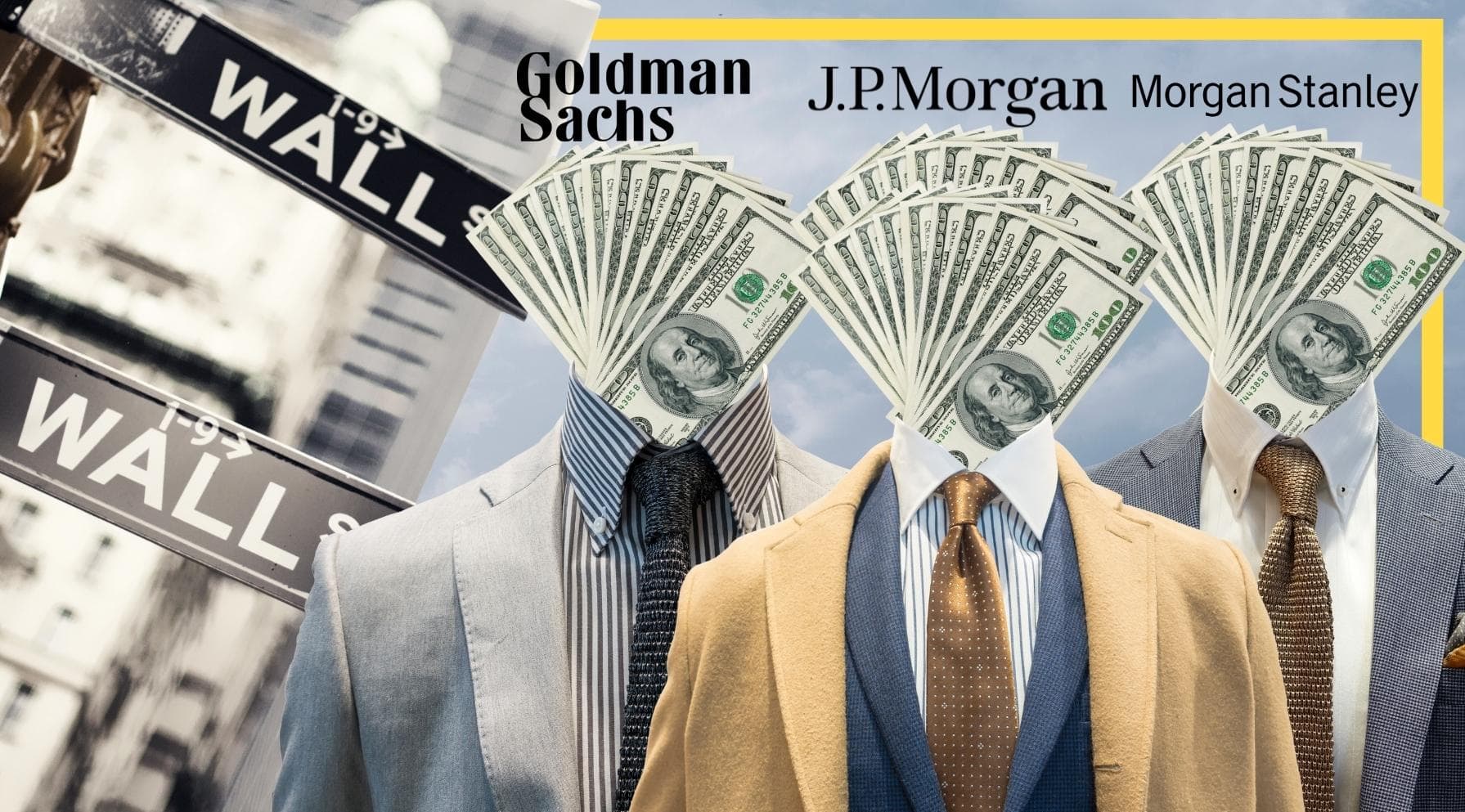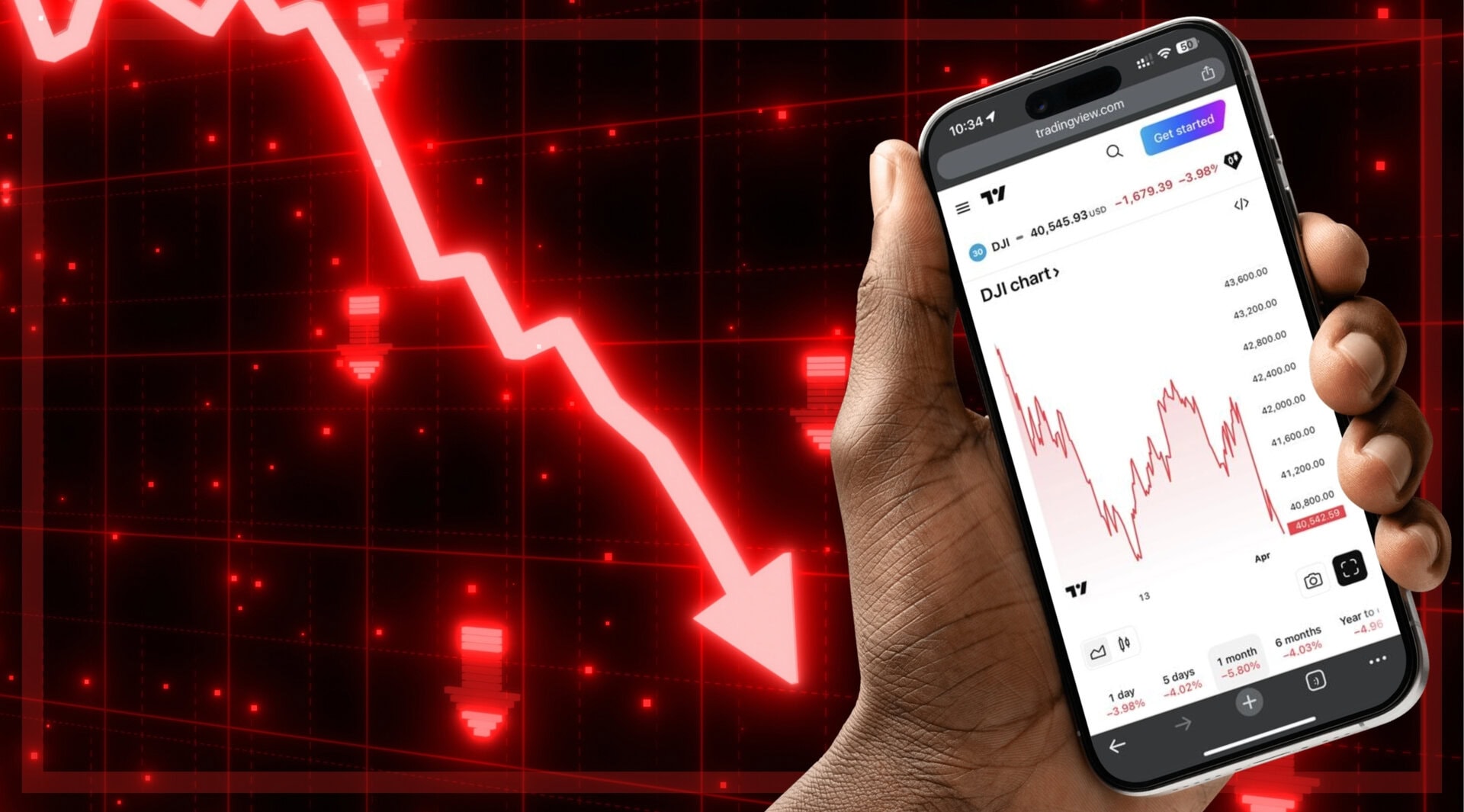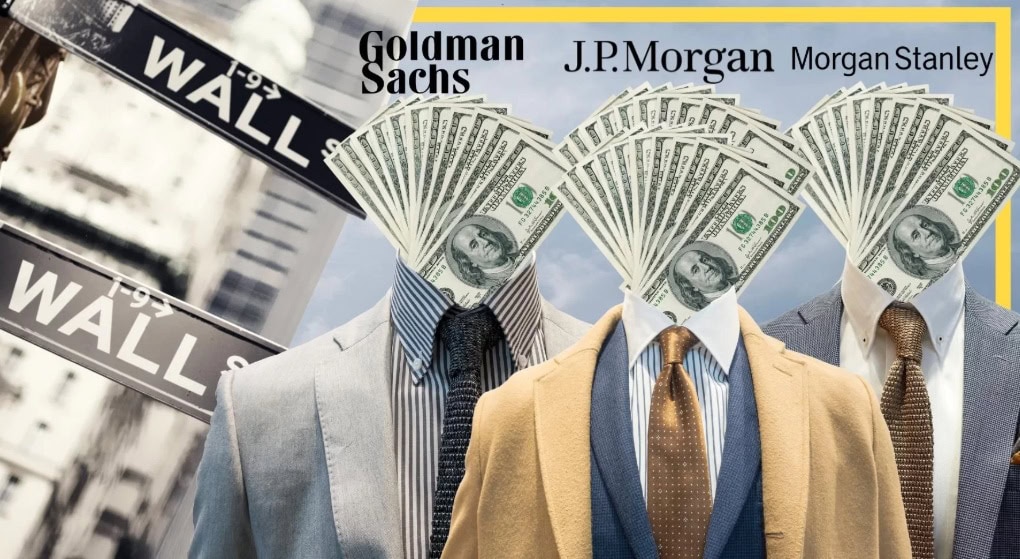CEO of Goldman Sachs since October 2018. David Solomon (or DJ Solomon as some affectionately refer to him) has received three annual remuneration packages. The largest one by far has been for the bank’s performance in 2021. A total of $33 million above his annual package of $2 million. $35 million in total.
For his performance at the head of the bank in 2019. Solomon received $27.5 million as an annal bonus. He would have received the same amount for 2020. If it weren’t for some problems involving Malaysia’s 1MDB:
Goldman Sachs CEO Solomon pays price of 1MDB scandal https://t.co/NQs7fKrHtv pic.twitter.com/0eJK2xDLP3
— Reuters (@Reuters) January 27, 2021
Unfortunately, DJ Solomon had to agree to a $10 million decrease of his remuneration package for 2020. All because of the scandal. A scandal which benefitted the bank in earnings to the tune of $600 million. Solomon had the biggest chunk of his pay removed from amongst other leaders at the bank.
For his work in 2020, Jamie Dimon, the CEO of JP Morgan, the largest U.S. bank in the world, received $31.5 million. For 2021 Jamie received $34.5 million. Arguably a much larger bank and a much bigger job.
The other consideration is the package that James Gorman, CEO of Morgan Stanley, received. There are other banks worth mentioning. Like Bank of America or Citi. Solomon is most often compared with Gorman and Dimon. And his achievements are often compared with those of his two closest rivals as well. Jane Fraser and Brian Moynihan haven’t had their packages for 2021 published.
How well did Goldman Sachs do in 2021?
Leaders of banks and individual bankers bonusses are often linked to the performance of shares in the bank. Sometimes these bonuses are actually share options. Bonuses which are redeemable when shares reach a certain price. And today there is a real drive to push shareholder returns on Wall Street. JP Morgan, Morgan Stanley and Goldman Sachs have all published their full year 2021 results in recent weeks. Really good results.
Yet in 2021 Goldman Sachs has shown the largest profits to turnover. The net income result is a major achievement for DJ Solomon and his team. The charts below show the financial results of the three U.S. banks in more detail:
| 2019 | 2020 | 2021 | |
| JP Morgan | $115.63 billion | $119.54 billion | $125.3 billion |
| Morgan Stanley | $41.42 billion | $48.76 billion | $59.76 billion |
| Goldman Sachs | $36.55 billion | $44.56 billion | $59.34 billion |
Data taken from Annual Reports submitted by Morgan Stanley, JP Morgan and Goldman Sachs respectively.
| 2019 | 2020 | 2021 | |
| JP Morgan | $36.43 billion | $29.13 billion | $48.3 billion |
| Morgan Stanley | $9.04 billion | $10.99 billion | $15.03 billion |
| Goldman Sachs | $8.47 Billion | $9.46 billion | $27.04 billion |
Shares in the three major banks have had varying fortunes:
| 1st Jan 2020 | 1st Jan 2021 | 1st Jan 2022 | |
| JP Morgan | $141.3 | $126 | $161.9 |
| Morgan Stanley | $52.1 | $68.3 | $100.2 |
| Goldman Sachs | $234 | $262.5 | $396.4 |
JP Morgan are one of the safest shares on the market. The numbers speak for themselves. Of the three banks, Morgan Stanley and Goldman Sachs share prices have increased consecutively in the last 3 years. While the largest of the three banks, JP Morgan, took a drop in net income in 2020. Which means that JP Morgan shares have performed the worse of the three.
Which may help better understand the way that the salary and compensation per CEO of the three major banks has been calculated:
| 2019 | 2020 | 2021 | |
| Jamie Dimon | $31.5 million | $31.5 million | $34.5 million |
| James Gorman | $27 million | $33 million | $35 million |
| David Solomon | $27.5 million | $27.5 million (- $10m) | $35 million |
Dimon and Gorman have been leading their banks for over 10 years. Solomon is one of the new leaders of Wall Street. He is yet to build up the level of wealth that someone like Dimon has achieved. Dimon is already a billionaire.
DJ Solomon is a new bank CEO. Like his counterpart at Citi. Solomon and Fraser are new influencers on Wall Street. And there is more to the achievements of Solomon if you consider it from this angle. He has something to prove. He has a lot to prove. Perhaps DJ Solomon should have been paid $35 million for his work in 2021.
Should we worry about such good results in 2021?
Only a few weeks ago Larry Fink sent out his annual letter to CEOs. The letter attracted criticism by some, and the term ‘woke’ was used in relation to the CEO of BlackRock’s support of stakeholder capitalism.
BlackRock’s Larry Fink Defends Stakeholder Capitalism In Annual Letter To CEOs https://t.co/ZKTg14WGhL pic.twitter.com/Rp6CCwEWuR
— Forbes (@Forbes) January 18, 2022
Fink explained in his letter: “That’s why we are launching a Center for Stakeholder Capitalism, to create a forum for research, dialogue, and debate. It will help us to further explore the relationships between companies and their stakeholders and between stakeholder engagement and shareholder value.”
This is of particular importance as Fink’s BlackRock holds 4.37% of all JP Morgan shares. BlackRock Fund Advisors owns 4.76% of Goldman Sachs shares. They have 3.81% of Morgan Stanley. Fink is very involved with shareholder engagement and value.
Vanguard and State Street are both heavily invested in the three U.S. banking giants too. Neither of them have someone who is as influential as Fink at the helm. And they are not as big as BlackRock. Neither of their CEOs wield the influence on Wall Street that Fink does.
What Larry Fink says often sets trends. Why? Stories like BlackRock’s involvement in one of Tesla’s shareholder meetings in 2018 give an insight.
It may have been in 2018. Yet many market participants continue to suggest that things haven’t changed. That BlackRock may not just be a ‘custodian’ for its clients. Concerns about how much of BlackRock’s engagement with companies and proxy voting activities are truly consistent with the financial institution’s approach to its fiduciary duties to its clients, the asset owners. We are straying from the point. Let’s get back to Fink’s letters.
The letter that Fink sent to CEOs in 2019 was different from the one he sent them in 2022. There were some big differences.
In 2019 Fink highlighted how “improving society” had been more important to millennials and even younger generations than “generating profit.” Fink’s letter cited a Deloitte report. The report stated that 63% more millennials preferred “improving society”.
The letter was written not long after Gorman of Morgan Stanley had to take a cut in his 2015 salary. A cut of $1.5 million or 6.7%. Fink himself has taken pay cuts in the past. In the post global financial crisis world of fiscal cuts and restraint.
It might not be as much as the other CEOs, but the CEO of BlackRock’s reported annual package is $30 million. His package had fallen 8.4% in 2019 unusually. And the CEO of Morgan Stanley had experienced the same 4 years earlier. In their time at the helm of their financial institutions, both CEOs have seen much more restraint in global markets.
Nobody has had a pay cut since the onset of the pandemic. They may have shown some restraint in 2020. Yet, with the news everywhere highlighting the war for talent and the need to pay more to keep the best employees. It is easy to overlook how the men at the top are explaining their increased packages

Should DJ Solomon be rewarded, or should the bank show restraint?
One thing that should be discussed about DJ Solomon’s remuneration. The proverbial ‘elephant in the room’.
Would these bonuses be available were it not for the actions of central banks across the world in March 2020? Without this market stimulation it is arguable that the economic landscape wouldn’t look like it does today.
Banks and governments would still be recovering the debts incurred by central banks after the global financial crisis. If it wasn’t for the pandemic.
In the ‘normal’ version of today there would still be austerity measures. The dreaded lockdowns wouldn’t have happened. Yet banks and governments aren’t continuing the work they were doing before the pandemic. Now, instead, bankers’ bonuses are back. And they are back with a vengeance.
The new CEO on the Block
The divide amongst CEOs on Wall Street is something that was recently highlighted on Twitter by Sridhar Natarjan of Bloomberg:
Would Goldman Sachs CEO David Solomon pay more in taxes for social services?
— Sridhar Natarajan (@sridinats) February 2, 2022
From our story on big bonuses returning to Wall Street ⤵️ pic.twitter.com/3XDEHLsr03
The story must have actually taken place some time ago. Yet it does give a good insight into something not normally on show. Wall Street politics.
Is DJ Solomon looking more to prove himself? The above tweet implies that Solomon might feel that JP Morgan’s CEO is somehow ahead of him. How his many years at the helm of JP Morgan with the shares he holds makes Dimon someone who has already achieved a lot. Achievements that Solomon is only just now beginning to pull off.
Yet it’s now all about what a CEO can do for his team. Not what a CEO thinks about the wealth divide between himself and his counterpart at a competitor.
2022 going on 2008
A few years ago, there was a moment. Just one small moment. The pandemic was kicking in. Global lockdowns were being implemented. Corporate greed and higher wages were frowned upon.
Today the world is starting to feel like it did in the mid-2000s. Bankers bonuses are not just a big topic in 2022. Bonuses were a big topic before the global financial crisis too. Investment banking revenues make up most of the profits at the top three U.S. banks. In 2009 lawmakers called for banks to be broken up. For retail and investment banks to be separated.
Today the topic is no longer being discussed. What else are central banks and governments not discussing that we should have learnt after the global financial crisis? Was restraint one of those things?
After Larry’s CEO letter this year, you may be able to guess that restraint is not the only topic that has dropped off Wall Street’s list of priorities. It’s perhaps important to remember that today’s younger generations may not be as accommodating as they were before the onset of the pandemic. Inflation is rising and global uncertainty is not making matters easier.
DJ Solomon did a good job at Goldman Sachs in 2021. Throughout his time leading the bank he has shown strong leadership. He provided direction for hundreds of employees through the toughest days of the pandemic. One can just hope that he doesn’t forget the priorities that people had before the pandemic. He should ensure that his people know that he remembers.
Author: Andy Samu
#WallStreet #DJSolomon #Restraint #MorganStanley #GoldmanSachs #JPMorgan #BlackRock #Shareholders #Stimulus #Bonuses #CEOSalaries















